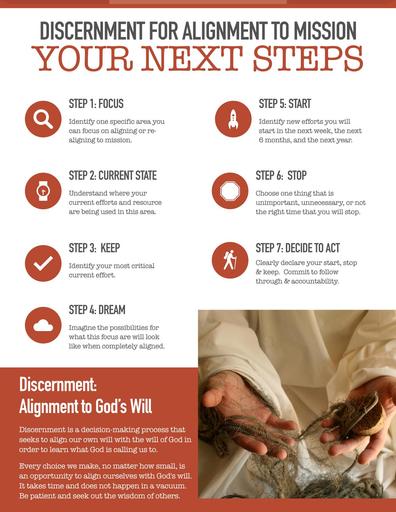Evangelizing is in fact the grace and vocation proper to the Church, her deepest identity. She exists in order to evangelize, that is to say, in order to preach and teach, to be the channel of the gift of grace, to reconcile sinners with God, and to perpetuate Christ’s sacrifice in the Mass, which is the memorial of His death and glorious resurrection.” Pope Paul VI, Evangelii Nuntiandi, 14
The commitment to living the Christian life is an essential element of the culture of witness. We witness to the Christian life through living out our respective vocations. As St. Peter tells us, we must “always be ready to give an explanation to anyone who asks . . . for a reason for [our] hope” (1 Pt 3:15). We should be looking for ways to share with others the way we have experienced the salvific love of Jesus Christ. As Bl. Paul VI said, “In the long run, is there any other way of handing on the Gospel than by transmitting to another person one’s personal experience of faith?”
The public profession of one’s faith through works of charity and justice—which promote solidarity, peace, and the stewardship of creation—builds up the Kingdom of God. Social justice and direct missionary opportunities provide powerful encounters with the person of Jesus and his Church.
The innate dignity of the human person is the foundation of a moral vision for society. Human life is sacred. Every person has a fundamental right to life and a right to all that is required to protect and preserve human dignity. The Catholic Church believes that every person is precious and that the measure of every policy and institution is whether it threatens or enhances the life of the human person.
“Each individual Christian and every community is called to be an instrument of God for the liberation and promotion of the poor, and for enabling them to be fully a part of society.” A basic moral test of culture is to see how our most vulnerable members are faring. In a society marred by deepening divisions between rich and poor, our tradition recalls the story of the Last Judgment (Mt 25:31-46) and instructs us to put the needs of the poor and vulnerable first. Disciples on mission witness to the Christian life in Word and deed, through the practice of the works of mercy, while affirming the dignity of all human life.
QUESTIONS FOR PERSONAL REFLECTION:
• In what ways do I publicly witness Christian life?
• What are the areas of missionary discipleship that I experience as the most challenging to me?
• How are these areas calling me to ongoing conversion?
QUESTIONS FOR PASTORAL / PARISH LEADER REFLECTION:
• How do we encourage parishioners to publicly witness to the Christian life?
• How does our parish show that it is committed to those in need and what are we doing to encourage parishioners to intentionally and actively help those in need?
• Do we foster initiatives that outwardly and actively support the life and dignity of the human person?
• How might I find ways to share with others the difference the love of Christ has made in my life?
ADDITIONAL RESOURCES:
Equip Staff, Councils & Leaders for Mission • Burning Hearts Team
Mission and Ministry: Making Disciples Inside AND Outside the Walls • Kristin Bird
Missio Nostra / Our Mission: Living Out The Great Commission of Jesus Christ • Bishop Louis Kihneman
Radical Missionary Discipleship: "I Want That!" •


